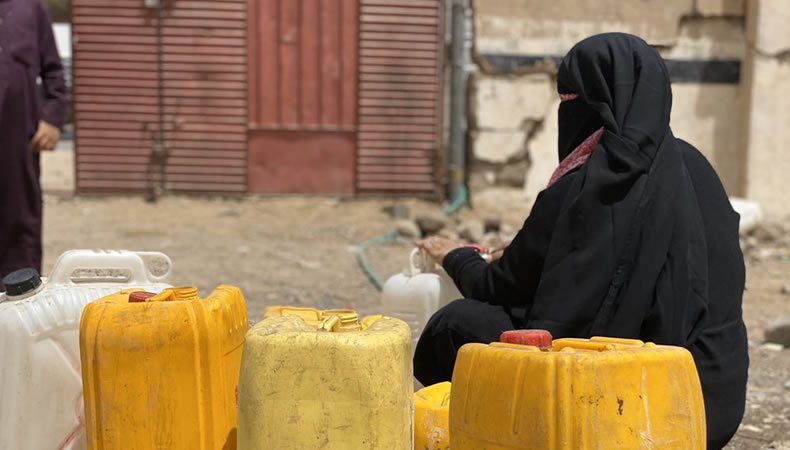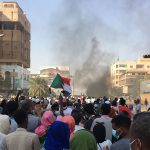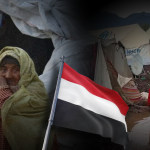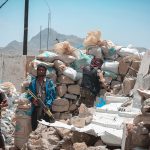War in Yemen: Growing Hunger and Economic Collapse


In the seventh year of the conflict, United Nations special envoy Hans Grundberg addressed the United Nations Security Council that the warring parties appear to be pursuing military victory. “On the battlefield, there is no viable long-term solution,” he said, adding that both sides must negotiate even if they are not ready to lay down their guns.
Yemen’s civil war began in 2014, when the Houthis gained control over the capital Sanaa and much of the country’s northern region, forcing the government to evacuate to the south and subsequently to Saudi Arabia. Months later, a Saudi-led coalition, backed by the US at the time, launched the conflict with the goal of restoring the government to power.
Related Posts
Since then, the conflict has devolved into a regional proxy war, with tens of thousands of civilians and fighters dead. The conflict also triggered the world’s biggest humanitarian catastrophe, with millions of people facing food and medical shortages, and the country on the verge of starvation.“We look to be entering an escalatory spiral once more, with anticipated terrible consequences for civilians and the near-term chances for peace,” Grundberg warned the council.
The Houthi rebels, who are backed by Iran, are pressing their assault on Marib, the last government stronghold in northern Yemen, and renewed fighting has erupted in the southern province of Shabwa, where Yemen’s internationally recognized government has retaken three districts from the Houthis, he said.
Airstrikes have intensified not just on the front lines, but also in Sanaa, even in residential areas, and Taiz, he claimed, while combat continues in southern Hodeida, the country’s principal port, and assaults on neighboring Saudi Arabia have increased.
Grundberg voiced fear that fights on other fronts may become more intense, citing the Houthis’ recent seizure of a ship flying the flag of the United Arab Emirates. He also termed claims that Hodeida’s ports, which are mostly held by the Houthis and serve as a lifeline for bringing relief, food, and gasoline to the country, are being militarized “worrying.”
The United Nations’ deputy humanitarian head, Ramesh Rajasingham, said severe violence continues along dozens of battle lines, with 358 civilians killed or injured in December, “tying for the most in three years.”
He said that in 2021, humanitarian groups will help 11 million Yemenis every month, but that the United Nations World Food Program would be obliged to limit food support to 8 million people owing to financial problems. Due to a shortage of money, several initiatives providing water, civilian protection, and reproductive health care have had to pull back or close in recent weeks, he added.
The United Nations’ plea for $3.9 billion to support 16 million people was just 58 percent financed last year, the lowest level since 2015, and Rajasingham said the organization expects to require around the same amount this year. He asked contributors to continue to support the organization and, if possible, to raise their contributions this year.
Rajaingham also urged the Houthis to improve access for humanitarian workers and to not from interfering with their operations. Despite pledges from the Houthis, he claimed, two UN staff members held in Sanaa in November had still been denied access. While humanitarian relief is critical, Rajasingham emphasized that economic collapse driven by violence is the primary driver of people’s needs. He believes that resuming foreign exchange injections through the Central Bank, as well as policy measures to ease import limits and use import profits to pay for essential services provided by public institutions, might help to alleviate humanitarian needs.
















